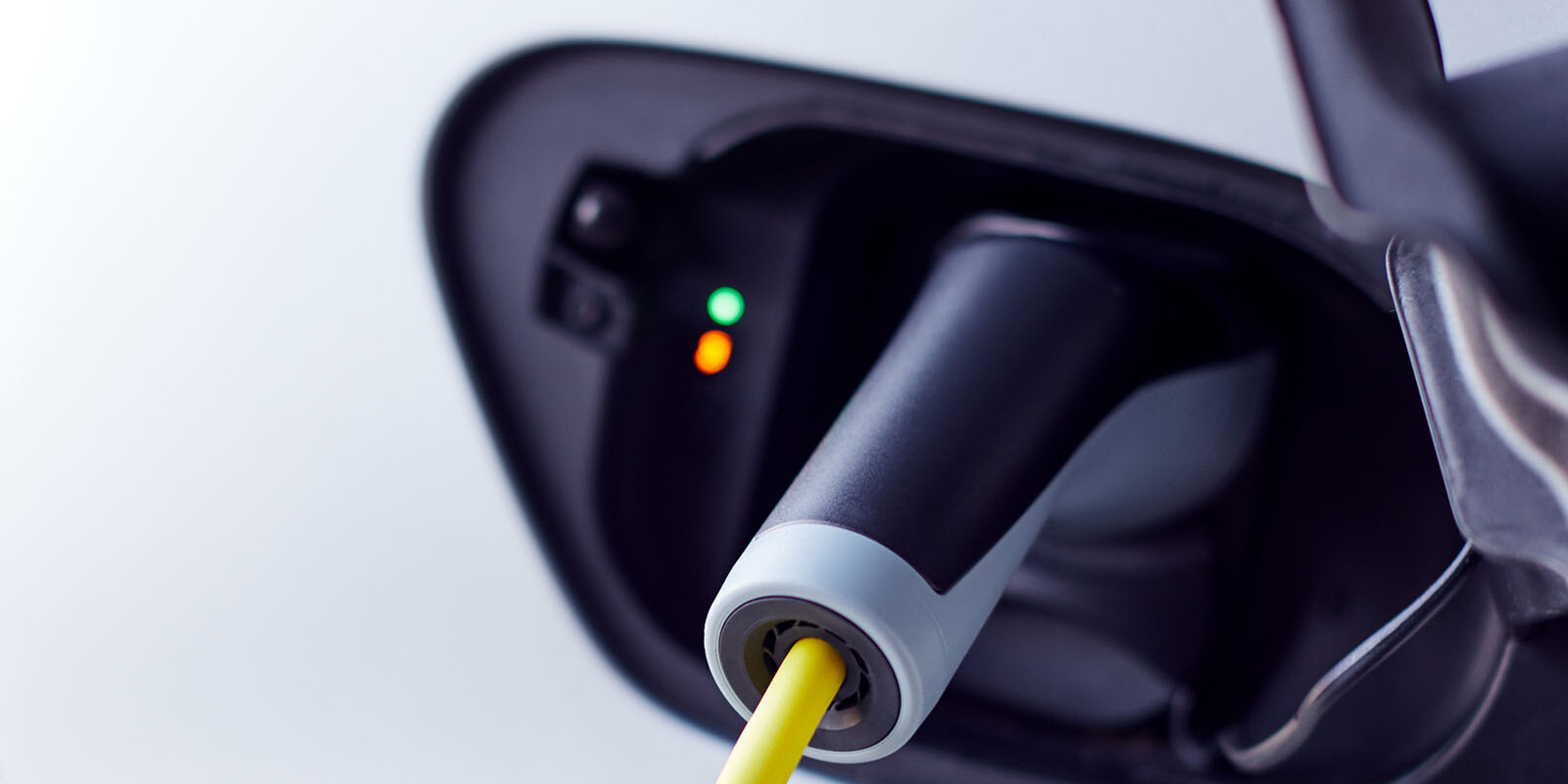Elon Musk's recent challenges and the evolving competitive landscape in China highlight a critical juncture for Tesla and its future in the global electric vehicle (EV) market. Musk’s latest earnings call painted a picture of a CEO grappling with significant hurdles, both self-inflicted and external. Tesla reported a notable drop in sales and shipments in the first quarter, compounded by a legal setback where a Delaware judge ordered Musk to return $56 billion in stock. Additionally, the rollout of Tesla’s Cybertruck has been hampered by manufacturing flaws and mixed reviews, and eco-terrorists attacked the power source for Tesla's Berlin gigafactory.
Self-Inflicted Wounds
Musk's distractions from his social media ventures and controversial public stances have arguably diverted his attention from Tesla, the cornerstone of his business empire. The company has been slow to refresh its product lineup, with the much-anticipated low-cost Model 2 repeatedly delayed and reportedly canceled. Musk's outspoken campaigns against what he terms the “woke-mind virus” have embroiled him in legal disputes and alienated Tesla's core customer base, who are generally environmentally conscious and liberal.
Despite benefiting significantly from federal subsidies, including substantial tax credits for its Model 3 and Y vehicles, Tesla has exhibited antagonism towards pro-EV policies. Musk’s public disdain for the Biden administration and its policies has created an odd dynamic, considering Tesla's reliance on government support.
The China Challenge
A significant part of Tesla's current struggles can be attributed to fierce competition from Chinese EV manufacturers. China’s rapidly advancing EV market poses a substantial threat to Tesla and potentially the entire U.S. auto industry. Chinese companies, leveraging their cost advantages and government support, have been able to produce high-quality EVs at lower prices. In 2023, Chinese consumers bought 8 million plug-in vehicles, compared to 1.2 million in the U.S., with EVs and hybrids surpassing 50% of new vehicle sales in China by April.
The Chinese market's size and the determination of its well-funded competitors to endure losses during market evolution present a formidable challenge for Tesla. In response, Tesla has implemented aggressive price cuts, aiming to outlast many of the 200 Chinese EV manufacturers currently in the market. While Tesla briefly regained the top spot in global EV shipments in early 2024, the overall demand has softened, underscoring the intense competition.
Shifting Strategies
Recognizing the difficulty of competing in a race to the bottom on price, Musk has shifted his focus to autonomous driving. Tesla's earnings call highlighted efforts to introduce a lower-cost vehicle, but details remain scarce. Instead, Musk emphasized the imminent launch of Tesla's fully autonomous “robotaxi” in August 2024. Musk's vision positions Tesla as an AI and robotics company rather than just an EV manufacturer, suggesting that autonomous driving technology will be the key differentiator in the automotive industry’s future.
Tesla aims to leverage its autonomous AI to accumulate vast datasets, creating a "training flywheel" that continuously improves its technology. This approach mirrors Google’s iterative refinement of its search algorithms, positioning Tesla to become the default AI engine for transportation and possibly humanoid robotics. Musk believes that once fully autonomous vehicles become essential, other car manufacturers will need to license Tesla's AI technology to remain competitive.
Strategic Advantages and Government Relations
Musk’s strategy to pivot towards AI offers several advantages. It could result in a higher valuation for Tesla, align with Musk’s indispensability to the company’s future, and potentially secure a new stock grant for Musk. Furthermore, if autonomous driving becomes pivotal, Chinese companies may face restrictions in selling their technology in security-sensitive markets like the U.S. and Europe.
In a bold move, Musk recently secured preliminary approval from the Chinese government to offer Full Self-Driving (FSD) features in Teslas sold in China. This includes approval for Tesla’s data security plan and the use of Baidu’s mapping datasets, which foreign companies typically cannot own. This development could be a significant breakthrough for Tesla in China, allowing it to maintain a competitive edge in the world’s largest EV market.
Conclusion
Elon Musk’s latest maneuvering underscores the dynamic and high-stakes nature of the global EV market. By doubling down on autonomous driving, Musk aims to transform Tesla into an AI powerhouse, potentially reshaping the future of transportation. This strategy, coupled with strategic government negotiations, may offer Tesla a path to navigate the intense competition from Chinese manufacturers and secure its place in the evolving automotive landscape.













